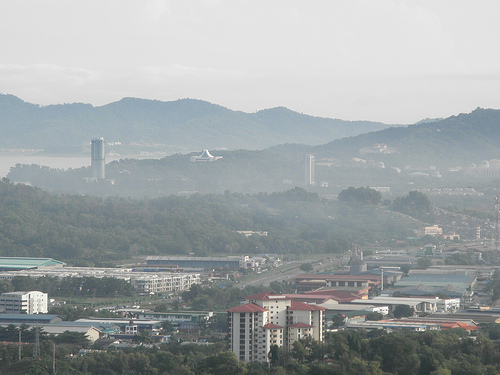Malaysia’s healthcare system has been ranked as the third best of 24 countries in a recent study conducted by an American publication. It outranked other places such as Spain, Italy, New Zealand, and Ireland. The success of Malaysia’s healthcare system was attributed to the expertise of its healthcare practitioners, the range of available health insurance options, and affordability. The low costs of healthcare services make it possible to pay out-of-pocket for a variety of standard procedures.Healthcare in Malaysia
Significant change has occurred in Malaysian healthcare over the years. From relying predominantly on traditional remedies, the focus has shifted to employing more modern and westernized practices. The government stays vigilant about the healthcare system and the importance placed on the healthcare field is visible in the number of medical schools that has come up in the country. The country today is dedicated to providing quality healthcare to its own citizens, as well as to expatriates and visitors.
Healthcare services in Malaysia are comprehensive and the government ensures that high-quality healthcare is universally accessible through an extensive network of medical facilities located across the country. However, the availability of good healthcare is scarce in certain remote areas. It is often difficult to transfer patients from health centers to the general hospitals, causing inconvenience to the patient and family. This also increases the costs borne by the healthcare system. To tackle this issue, ‘tele-primary care’ was created. Using this tool, doctors in the remote areas can discuss certain cases through tele-consultations with doctors and specialists in general hospitals.
Healthcare systems
The healthcare system in Malaysia is divided into public and private healthcare. Both provide quality medical care, using modern equipment and trained staff. Many of the medical practitioners who work in both sectors have received their training overseas. Nearly all doctors are fluent in English, and doctors’ consultations adhere to high standards, whilst still being affordable. It is also easy to see medical specialists and dentists for consultations. Expats can access any of the public medical facilities in Malaysia, but many of them prefer to choose the private option.
Health insurance
There is no national health insurance scheme in Malaysia. But it is mandatory for foreign workers to have medical insurance as part of the Foreign Worker Hospitalization and Surgical Insurance Scheme, which was introduced in 2011. Expats need to bear the costs of medical insurance coverage and in turn, receive a specific amount of medical care annually in the government hospitals. Many insurance companies in Malaysia are part of the scheme and expats can choose from among them. Expats who prefer to use private healthcare must also consider taking out private medical insurance. Many international companies provide health insurance packages in Malaysia. Domestic companies also offer private health insurance at local rates. Some expats even prefer to travel to places like Bangkok and Singapore for consultations.
Health issues
It is advisable for expats to be careful when taking prescription medications, as doctors are sometimes known to over-prescribe such drugs. Pharmaceutical companies in Malaysia have also reported the sale of counterfeit medicines. Although these are not major issues, it is helpful for expats to be aware of them.
Malaysia’s medical society advises expats and tourists to consult their physicians or travel health clinics four to eight weeks before leaving for Malaysia, so that certain vaccinations may be taken. These include the hepatitis A vaccine, recommended for all travellers; typhoid vaccine, for travellers who may consume food or beverages outside the major hotels and restaurants; yellow fever vaccine, for all travellers above the age of one year upon arrival, Japanese encephalitis, for long-term travellers to the rural areas; and the hepatitis B vaccine, for those who may have direct contact with locals. The hepatitis B vaccine is especially important for those who will be staying in the country for more than six months.
Outbreaks of dengue fever sometimes occur in the urban areas, especially during the monsoons, and expats are advised to take proper precautions to prevent mosquito bites.
Medical tourism
Malaysia has become a major health destination for individuals from different parts of the world. As a popular medical tourism center, the main areas of interest include screenings, ophthalmology, orthopedics, cardiology, gastroenterology, dentistry, plastic surgery and general surgery.

